SUMMARY
This is AI generated summarization, which may have errors. For context, always refer to the full article.
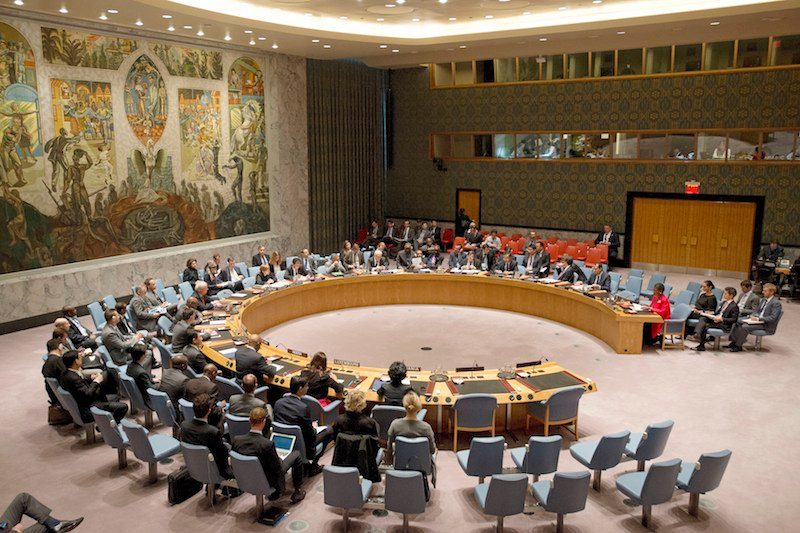
UNITED NATIONS – The UN Security Council delayed until Wednesday, March 2, a vote on a new raft of sanctions on North Korea to punish the reclusive regime after its fourth nuclear test and rocket launch.
With backing from China, the council is expected to adopt a US-drafted resolution that takes aim at North Korea’s nuclear and ballistic missile programs by cutting off sources of hard currency and access to technology.
The council had initially planned to vote on Tuesday, March 1, but the meeting was delayed at Russia’s request.
Russia’s UN mission declined to provide reasons for the delay, but spokesman Alexei Zaytsev said “we confirm that the vote will take place tomorrow” at 10 am (1500 GMT).
The United States has described the package of measures as the toughest sanctions yet to hit North Korea, but the impact will depend largely on China, Pyongyang’s sole ally and main benefactor.
North Korea carried out its fourth nuclear test on January 6, which was followed by the launch on February 7 of a satellite-bearing rocket that the world viewed as a disguised ballistic missile test.
Both tests are banned under a series of UN resolutions that condemn North Korea’s nuclear and ballistic missile programs as a threat to world peace and security.
The latest draft would require countries to take the unprecedented step of inspecting all cargo to and from North Korea, impose new trade restrictions and bar vessels suspected of carrying illegal goods for North Korea from ports.
The measure provides for a ban on exports of coal, iron and iron ore from North Korea, except if that revenue is used for “livelihood purposes” and not to fund Pyongyang’s nuclear and ballistic missile programs.
The resolution would also ban sales of gold, titanium and rare earth minerals from North Korea and would prohibit the supply of aviation fuel including rocket fuel to the reclusive country.
Banking restrictions would be tightened and governments would be required to ban flights of any plane suspected of carrying contraband destined for North Korea.
A shift from China?
The United States presented the draft resolution to the council last week after reaching agreement with China.
The final text took 7 weeks to negotiate and saw the United States join forces with Japan and South Korea to push for new measures that went beyond the four sets of sanctions already in place since 2006.
“The United States, South Korea and Japan have stopped outsourcing to China their policy on North Korea,” said Roberta Cohen, an expert on North Korea at the US Brookings think tank.
Talks on ramping up the sanctions came as South Korea and the United States announced plans for the deployment of a new missile defense system on the Korean peninsula and the adoption of new US sanctions against Pyongyang.
China, and to a lesser extent Russia, “will find loopholes, they always have” to avoid fully implementing UN sanctions, said Cohen.
But Beijing “sees the mobilization of alliances, strong military alliances between the United States, South Korea and Japan and it sees that it can’t go on the way it has,” she added.
The resolution would add 16 individuals and 12 entities to the UN sanctions blacklist including North Korea’s NADA space agency and its intelligence agency, the Reconnaissance General Bureau.
Luxury watches, snowmobiles, recreational watercraft such as sea-doos and sports equipment would be added to the list of luxury items banned from sale to North Korea, building on a previous resolution targeting Pyongyang’s elites.
As the council prepared to vote, North Korea announced in Geneva that it will no longer take part in meetings of the UN Human Rights Council, which had set up an inquiry into crimes against humanity by Pyongyang.
North Korean Foreign Minister Ri Su Yong charged that the rights council was plagued by “politicization, selectivity and double standards.” – Carole Landry, AFP / Rappler.com
Add a comment
How does this make you feel?
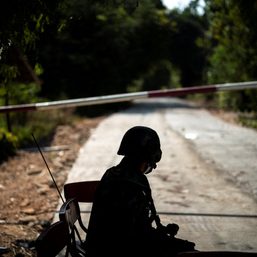
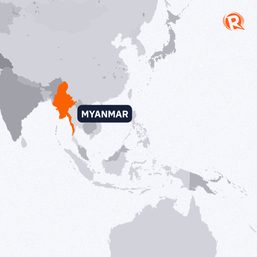
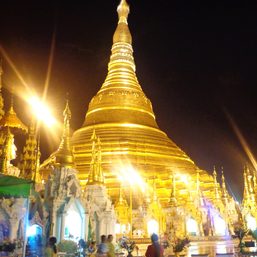
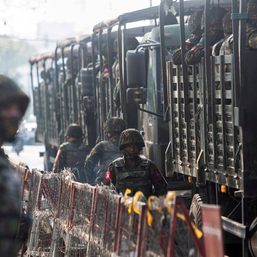
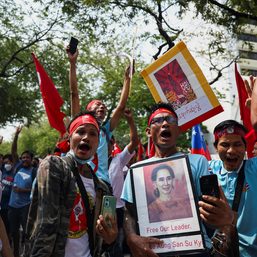
There are no comments yet. Add your comment to start the conversation.